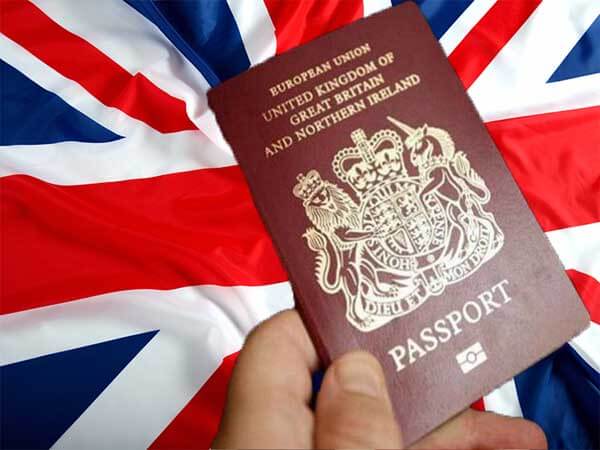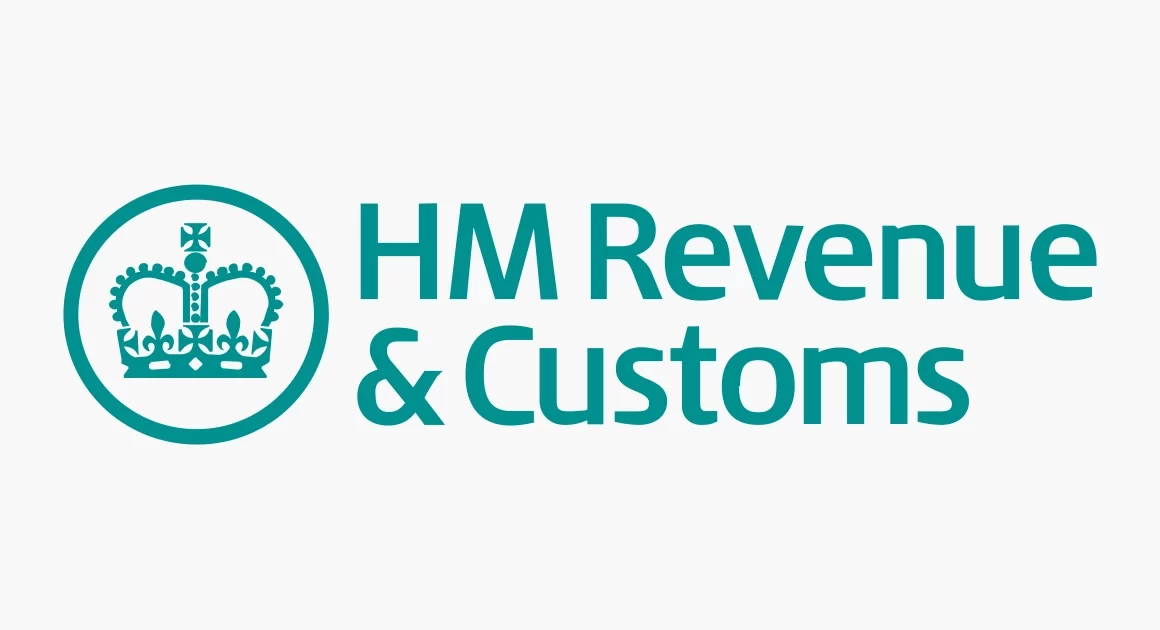Securing your UK visa is a significant milestone, but what comes next? Whether your visa is already approved or still being processed, it’s crucial to start planning your journey. The most common UK immigration routes are:
- UK Student Visa
- UK Work Visa
- UK Dependent Visa
This guide will cover key considerations which are relvenant for all routes with a focus on students.
Preparing for the UK as a Student
1. Conduct Thorough Research
Location and Living Arrangements: Research your chosen school or university. Is it located in a bustling city or a remote town? Determine where you’d prefer to live based on this location. Consider transportation options such as buses, taxis, or walking. If your university is in a remote area and you plan to work, think about the commute to your job, which may not be near the campus. Living midway between the nearest town and the university could be a practical choice.
Virtual Resources: Join student forums and online communities to gather information. Use Google Maps to get a sense of the area and find local amenities like stores, libraries, and health centers. Many universities offer virtual campus tours, which can help you familiarize yourself with the campus layout before arrival.
2. Plan and Budget Wisely
Failing to plan and budget can lead to significant challenges. Start planning your finances as soon as you apply for your visa.
Key Budget Components:
- Tuition Fees: The primary cost, varying by institution and course.
- Accommodation: Budget for rent, utilities, internet, and possibly a TV license.
- Food and Groceries: Estimate weekly food expenses, considering meal plans and self-cooking options.
- Transportation: Account for commuting costs between home and university, and local travel.
- Course Materials: Include textbooks, stationery, printing, and any specialized equipment.
- Personal Expenses: Plan for clothing, toiletries, mobile phone bills, and personal items.
- Healthcare: While most students are eligible for free NHS care, budget for prescriptions, dental, and optical costs.
- Leisure and Social Activities: Allocate funds for socializing, extracurriculars, gym memberships, and hobbies.
- Insurance: Consider contents insurance for personal belongings and travel insurance if necessary.
- Technology Costs: Ensure you have a reliable laptop and necessary software.
- Study Abroad and Field Trips: Plan for additional costs related to study trips or placements.
- Visa Fees: Important! Budget for post-study visa fees if you intend to stay in the UK. This is especially crucial if you have dependents, as the fee increases with each dependent.
- Emergency Fund: Set aside extra funds for emergencies. A good rule of thumb is to add an additional 20% to your total budget. Always err on the side of caution by overestimating costs.
- Digital Planners: If planning seems overwhelming, consider using digital planners to keep track of your finances and schedule. These tools can be customized to suit your needs.
- Working While Studying: Remember, international students are allowed to work a maximum of 20 hours per week during term time. This income will likely cover only basic expenses like food, phone bills, and transportation. Don’t rely on this income for significant expenses like rent or tuition.
- Cost of Living: Avoid expensive cities like London, Manchester, Glasgow, and Edinburgh if you are on a tight budget. Smaller towns generally offer lower living costs and more student-friendly job opportunities.
Continued in Part 2
Tags: Preparing for Your Arrival in the UK: A Comprehensive Guide, Before Arriving in the UK: Essential Tips for Visa Holders





